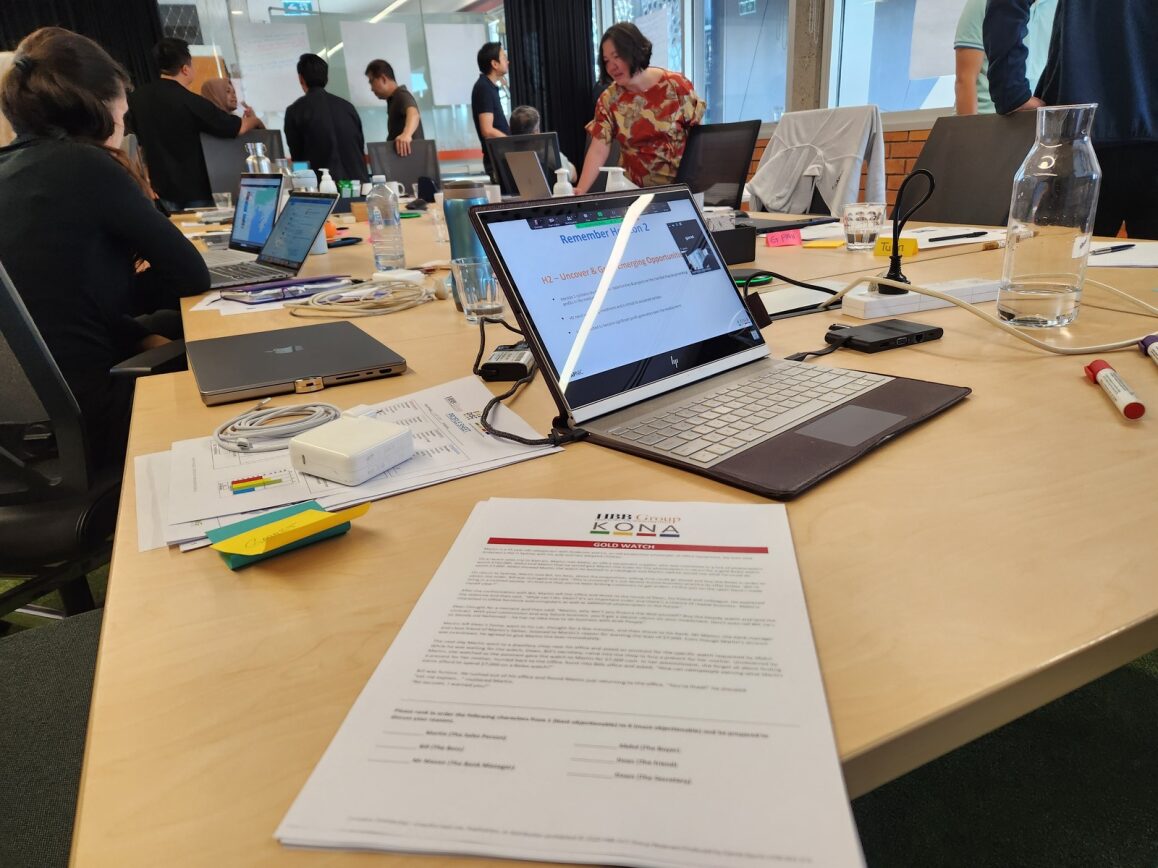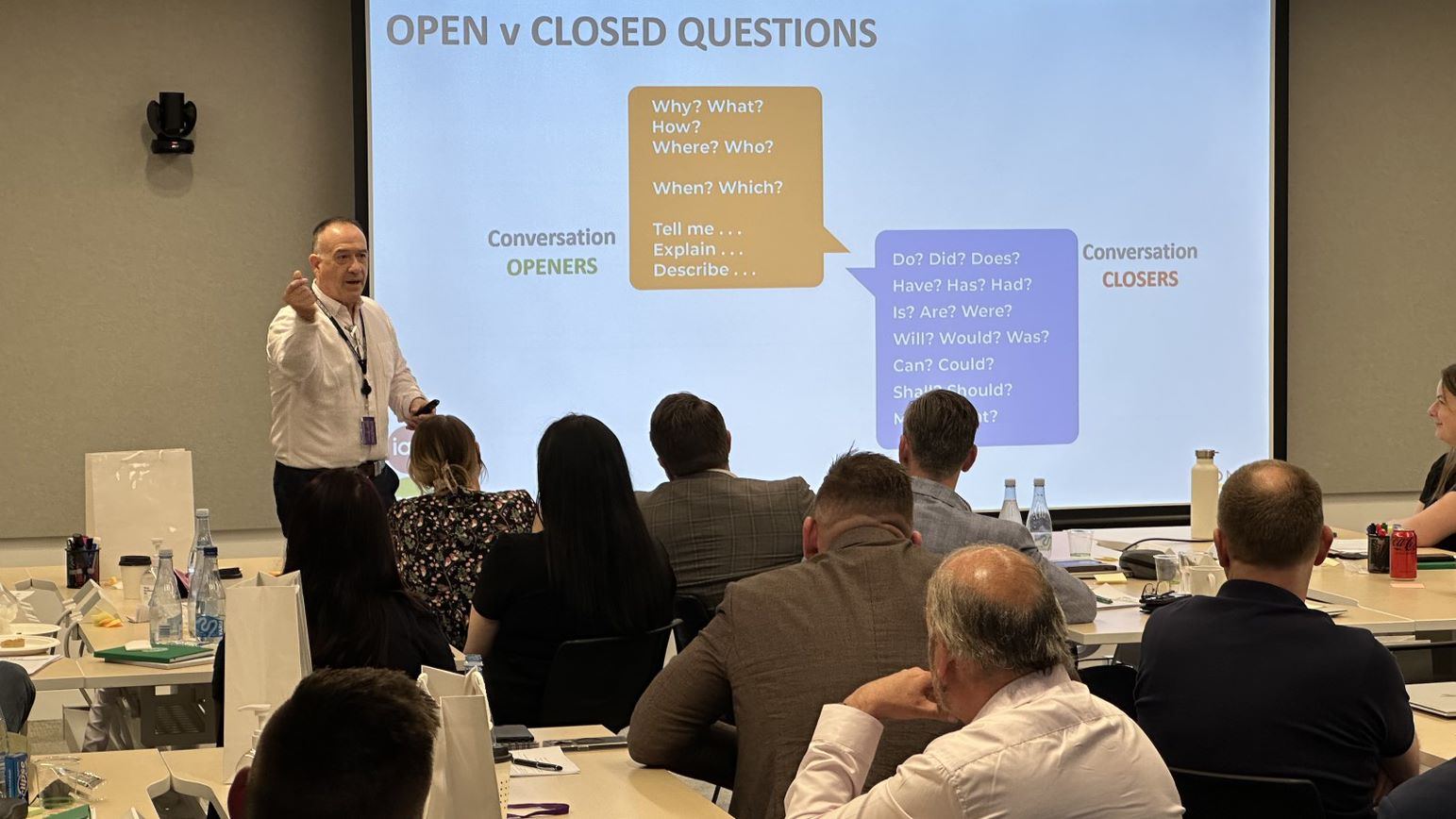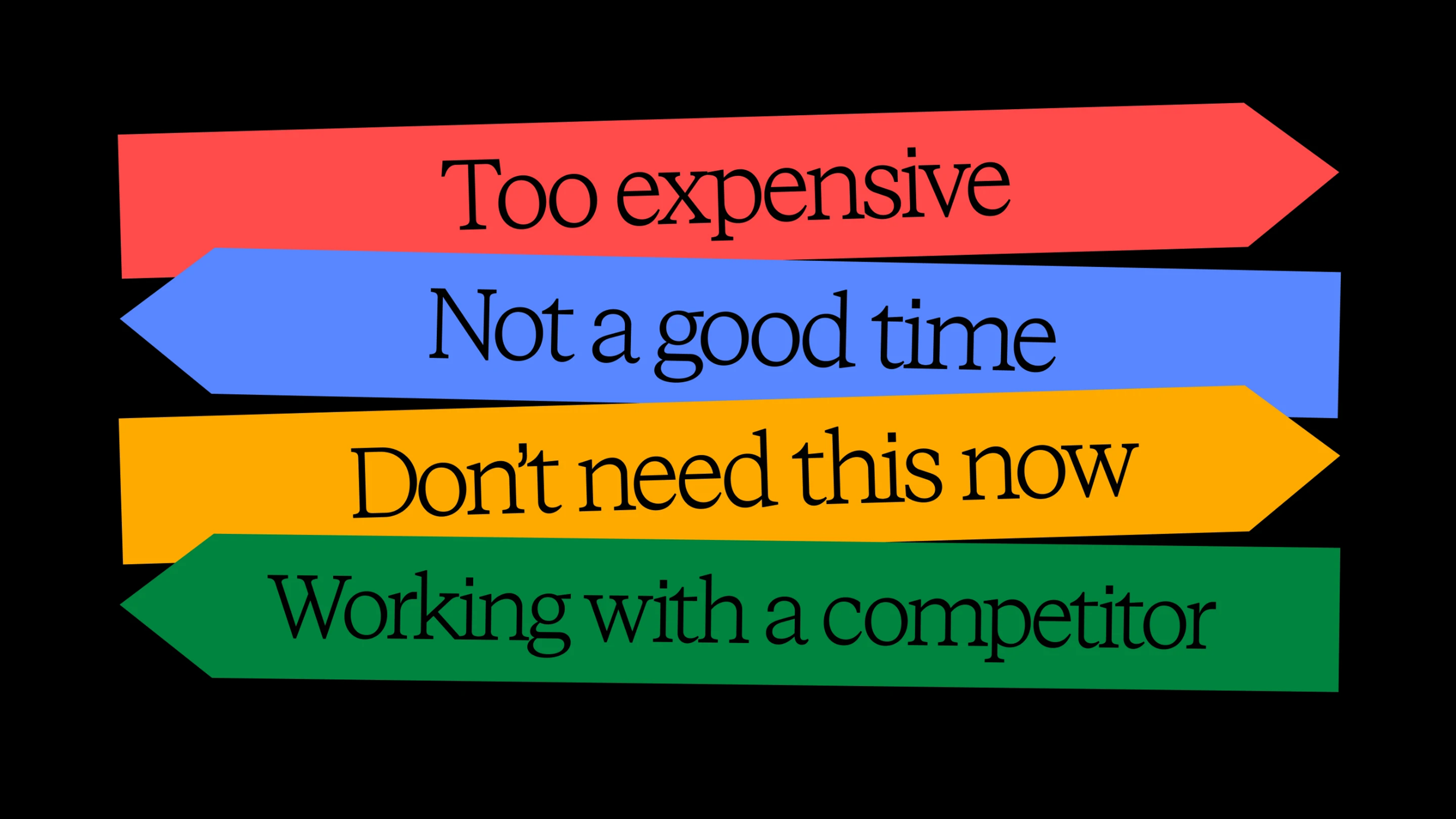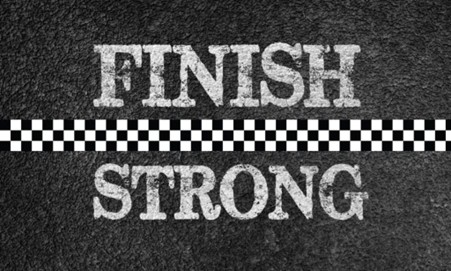When you start researching sales training options and pricing, it can feel a little like stepping into a maze.
Some providers charge per head. Others charge per day. Some bundle coaching. Others sell online modules with optional workshops. Prices range from low to high.
So how do you evaluate sales training options and pricing without overpaying… and without underinvesting in something that could genuinely move the needle?

Start With the Outcome, Not the Price
The biggest mistake businesses make is comparing prices before comparing outcomes.
Before you look at a single proposal, ask:
• What specifically isn’t working in our sales conversations?
• Are we struggling to close?
• Are margins slipping?
• Are we discounting too quickly?
• Are new salespeople taking too long to ramp up?
• Are experienced reps stuck at the same revenue ceiling?
If your team is struggling to close, the cost of inaction is far greater than the cost of training. A stalled pipeline, lost deals, and eroded confidence are expensive.
Clear outcomes help you avoid paying for generic content that sounds impressive but doesn’t solve your real issue.
Understand the Different Sales Training Options
Not all sales training is structured the same way. Here are the most common options:
1. One-Off Workshops
These are typically half-day or full-day sessions delivered onsite or virtually.
Pros:
• Lower upfront investment
• Quick injection of energy and ideas
• Good for aligning teams around a common framework
Cons:
• Limited long-term behaviour change
• No reinforcement
• Easy for momentum to fade
This option works best when you need alignment more than transformation.
2. Multi-Session Programs
These are structured over several weeks or months and often include workshops, assignments, and follow-up.
Pros:
• Higher retention
• Stronger accountability
• More measurable results
Cons:
• Larger upfront commitment
• Requires leadership involvement
If you want sustainable change in how your team sells, this model is often more cost-effective in the long run, even if the price tag looks higher initially.
3. Sales Coaching (Individual or Group)
Coaching focuses on applying learning to real deals and real conversations.
Pros:
• Highly personalised
• Immediate application
• Great for lifting top performers to the next level
Cons:
• Higher per-person cost
• Time-intensive
For leadership teams and experienced sales professionals, coaching often delivers strong ROI because it targets actual revenue opportunities.
4. Online Self-Paced Training
This includes pre-recorded modules, templates, and downloadable resources.
Pros:
• Lowest price point
• Flexible
• Easy to scale
Cons:
• Low accountability
• Minimal customisation
• Limited engagement
This option is best when budget is tight and internal leadership can drive implementation.

How to Evaluate Pricing Without Overpaying
Now that you understand the options, here’s how to avoid overpaying.
Look Beyond the Day Rate – A lower day rate does not automatically mean better value.
Ask questions like:
• Is the content customised to your industry?
• Is the trainer experienced in real-world selling?
• Is there pre-work or diagnostics included?
• Is follow-up support built in?
A higher fee that includes diagnostics, tailoring, and reinforcement may actually be more cost-effective than a cheaper, generic session.
Calculate ROI, Not Just Cost
If your average deal size is $15,000 and training helps each rep close just one additional deal per quarter, what does that equal over a year?
When evaluating sales training options and pricing, frame it like an investment in revenue, not an expense in overhead.
Even small improvements in:
• Close rates
• Conversion rates
• Average deal size
• Sales cycle length
…can more than cover the training investment.
Check for Customisation
If a proposal looks identical to what another business received, it’s likely not tailored.
Good sales training should reflect:
• Your sales cycle
• Your buyer personas
• Your industry challenges
• Your competitive landscape
Generic training often feels inspiring in the moment but rarely shifts long-term behaviour.
Don’t Underinvest Either
Trying to save money by choosing the cheapest option can be just as risky as overspending. If your team needs real skill development and behavioural change, a one-hour webinar will not fix it.
The key question isn’t:
“What’s the cheapest option?”
It’s:
“What level of change do we actually need?”
Match the depth of the solution to the depth of the problem.

A Simple Evaluation Checklist
When comparing sales training options and pricing, consider asking:
• Does this solve our specific sales challenge?
• Is it customised?
• Is there reinforcement or follow-up?
• What measurable outcomes can we expect?
• What is the realistic ROI?
• What happens after the training ends?
If you can confidently answer those questions, you’re far less likely to overpay.
In the end, the right sales training should feel like a strategic investment, not a gamble. When you evaluate sales training options and pricing through the lens of outcomes, ROI, and behavioural change, you move away from price-shopping and toward value selection.
And that shift alone often separates teams that “do training” from teams that genuinely improve performance.
To discover more about choosing the right sales training program for your team, click here.
If you’d like help evaluating the right sales training structure for your team, or you want a tailored solution designed around your real sales conversations, reach out to KONA Training today.
Call 1300 611 288 or Email info@kona.com.au
Author – Garret Norris – https://www.linkedin.com/in/garretnorris/
















































































































